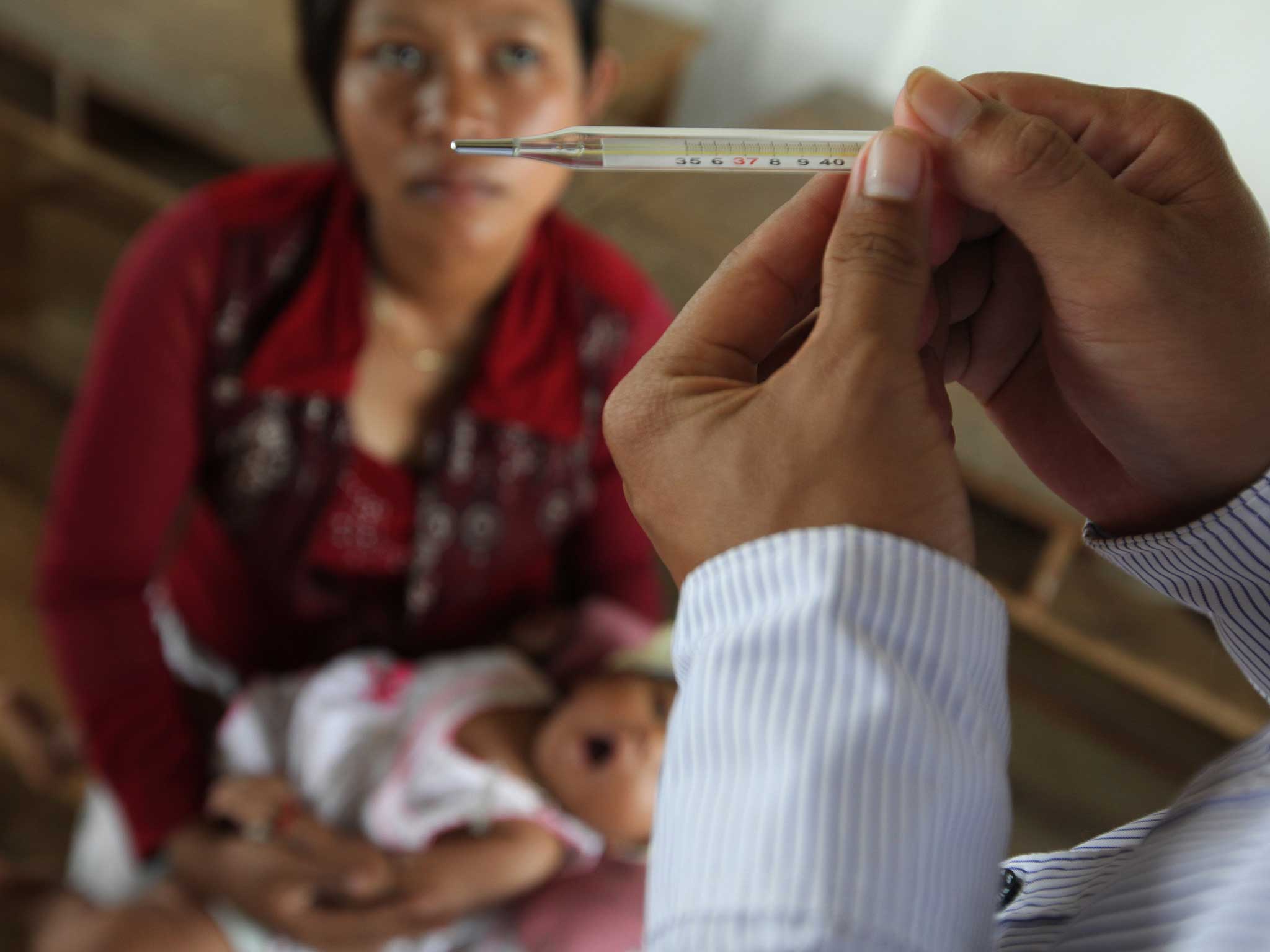George Osborne and Bill Gates announce £3 billion pledge to fight malaria
The pledge supports the World Health Organisation’s mission to reduce malaria deaths by 90% by 2030

Your support helps us to tell the story
From reproductive rights to climate change to Big Tech, The Independent is on the ground when the story is developing. Whether it's investigating the financials of Elon Musk's pro-Trump PAC or producing our latest documentary, 'The A Word', which shines a light on the American women fighting for reproductive rights, we know how important it is to parse out the facts from the messaging.
At such a critical moment in US history, we need reporters on the ground. Your donation allows us to keep sending journalists to speak to both sides of the story.
The Independent is trusted by Americans across the entire political spectrum. And unlike many other quality news outlets, we choose not to lock Americans out of our reporting and analysis with paywalls. We believe quality journalism should be available to everyone, paid for by those who can afford it.
Your support makes all the difference.George Osborne has joined forces with billionaire philanthropist Bill Gates in the fight against malaria by pledging £3 billion to tackle the killer disease.
The Chancellor and the Microsoft founder have set out hopes to wipe out the tropical infection within decades during a visit to the Liverpool School of Tropical Medicine to see pioneering research.
Some £500 million a year will be allocated from Britain's international development budget over the next five years and the Gates Foundation will spend £140 million a year on research into the disease.
The disease is mainly spread by mosquitoes and is believed to kill one child a minute. Today’s pledge is part of a mission to support the World Health Organisation’s goal of reducing malaria deaths by 90 per cent by 2030.
Writing in The Times, the pair insisted that "problems such as hunger and disease aren't insoluble".
They wrote: "We are optimistic that in our lifetimes we can eradicate malaria and other deadly tropical diseases, and confront emerging threats, making the world a safer place for all."
"In the world's poorest places, malaria is both a cause and a consequence of poverty. It costs Africa, where poverty is already high, billions of pounds each year in lost productivity, and it accounts for up to 40% of public health expenditure in high burden countries," they added.
"The world has cut the number of malaria deaths in half in the past 15 years. We are confident that this is a war we can win.
"With its world-class universities, pharmaceutical companies and strong support at the national level, the UK leads innovation to improve the health and well-being of millions."
Press Association
Join our commenting forum
Join thought-provoking conversations, follow other Independent readers and see their replies
Comments